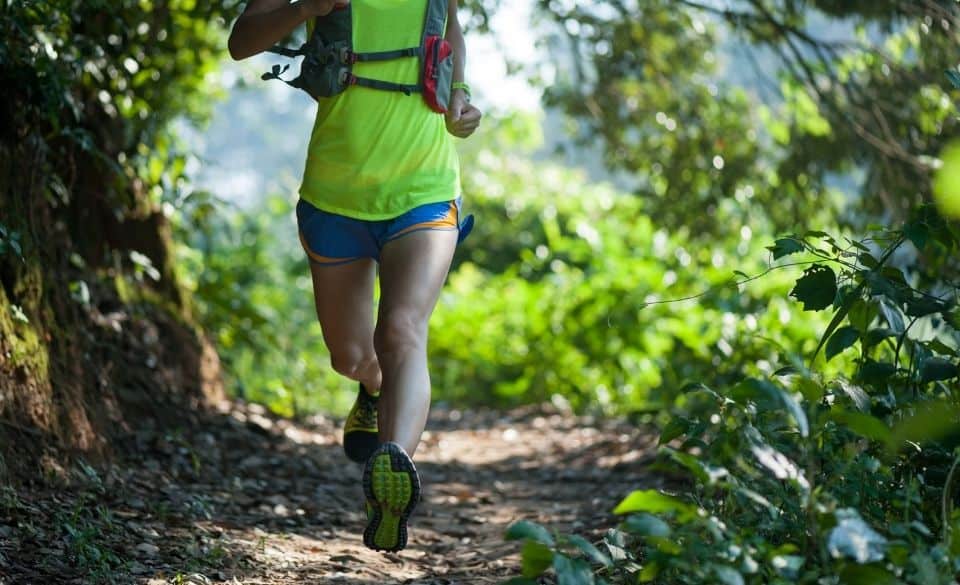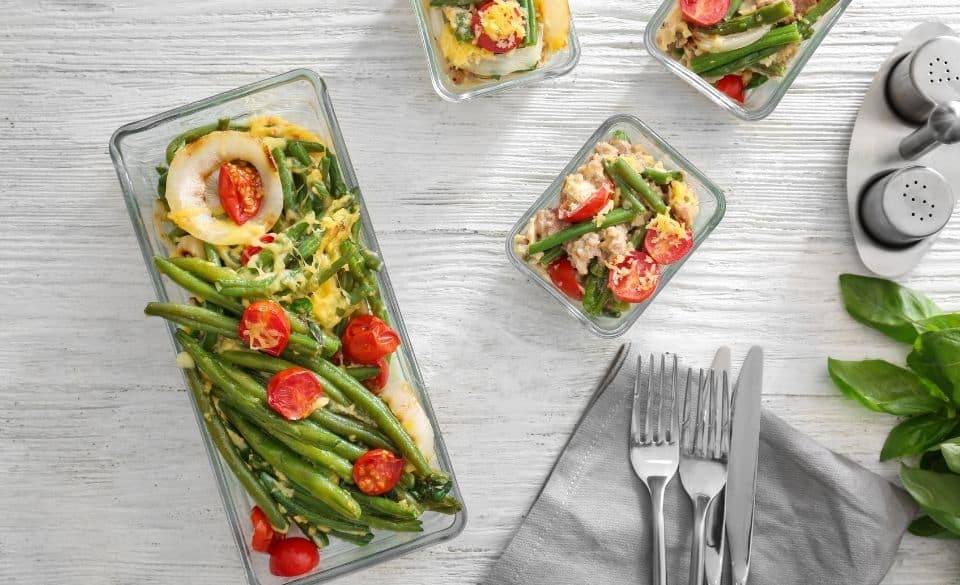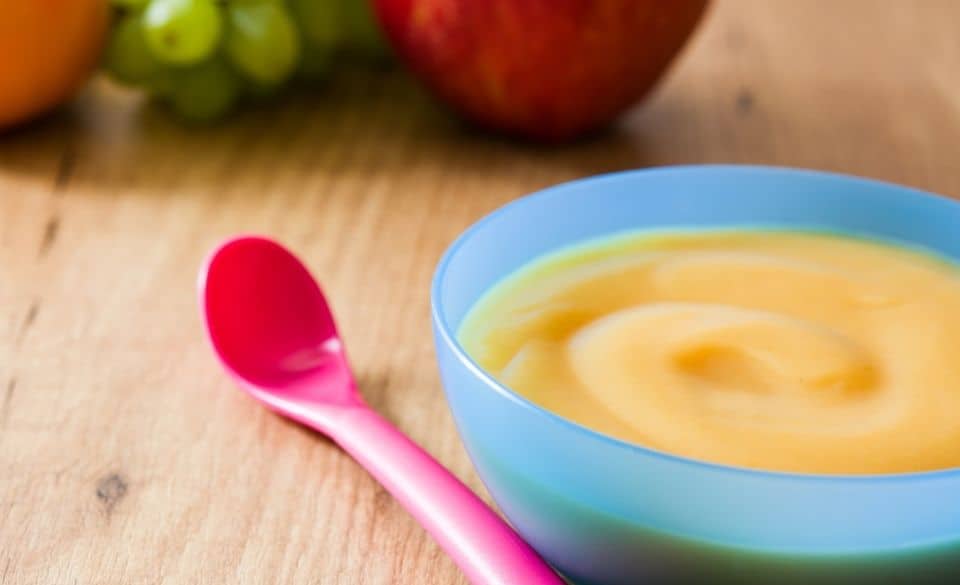
Ultra Running Nutrition Plan – A Complete 50K Nutrition Strategy
Page Contents
Ultra-running is a sport that not only requires a huge amount of training but also trial and error of your nutrition strategy. Your ultra running nutrition plan can often make or break your training and event. So learning to understand your energy expenditure and diet will not only help improve your results but your 50k training too.
Ultra Running Nutrition Plan – UPDATED 2021
Getting your ultra running nutrition plan in check is the most important aspect outside your training. Sometimes this is forgotten, and more often than not, we tend to find the easiest foods available to eat. Even though you are refuelling your body, it may not be enough or even the right food you are putting in the body.
It is essential when logging miles, the ultra runner meets the daily calorie demands of their training. So 45-60% of your calories should be coming from carbohydrates, 20-35% from fat, and 10-30% from protein.
However, requirements are highly individual and will vary depending on the duration and pace of the run. Your weight also plays a vital factor in working out your macronutrient amounts.
Here is a beneficial table that can provide some insight into your estimated daily caloric requirements.
After reading this, you may well find that you are consuming fewer calories than the table shows. If this is the case, you should address this by increasing your calorie intake. But as an ultra-runner, it is important to teach your body to burn fat as an energy source. This helps to spare muscle glycogen for later in your run.
To help this process it is recommended that you avoid carbohydrates 90 minutes prior to running. But remember caution is advised when training in a carbohydrate depleted state, especially when training through intensive periods. So carbohydrate moderation is better than carbohydrate restriction for runners that training a lot or at high intensity.
Outside of food, hydration is another key factor in your ultra running nutrition plan. By estimating your fluid losses when training, you can get a good insight into sweat loss. You can do this by weighing yourself before and after training. Remember to add on the fluid consumed during the run as well (1 kg of weight loss equates to 1 litre of fluid loss).
Once you know how much you have lost, you can look at slowly consuming more fluid than you lost. If you find that you sweat a lot during training try to add some foods rich in sodium as well.
After you have successfully rehydrated, your urine should turn to a pale straw color. If not, continue to drink more until the color lightens, but remember to avoid excessive fluid intake.

Ultra Runner Diet – Getting Started
Getting started with your ultra runner diet is relatively easy. Start by calculating your energy needs for each day based only on your training. Then calculate your estimated daily energy intake, by taking your weight in pounds and multiplying it by 10.
Once you have both these figures, you can calculate your total energy expenditure for the day. Then look to break your calorie intake into the required macronutrient amounts.
For example, a 70 kg ultra runner would have a daily estimated amount of 1543 calories, as a base rate. Then if we are burning 2000 calories during training it would give us a figure of around 3543 calories for the day.
We would then break this into percentages such as 60% carbohydrates (2125 calories), 20% protein (708 calories), and 20% Fat (708 calories).
This may not be 100% accurate, but it will most likely give you the estimated consumption of calories in your ultra runner diet. Remember each day’s amount will fluctuate depending on the training you are doing.

50K Nutrition Strategy
Your 50k nutrition strategy should require enough calories (energy) to get you through the event and prevent the dreaded bonk. When you take in calories they will be transported to your bloodstream for direct use. The rest will be then stored as glycogen and body fat for later use.
It all starts with your fueling 1-2 days before your event. This is when you focus on eating carbohydrate-rich meals leading up to the event. Then on race day top up with a light carbohydrate breakfast 2-3 hours before the start.
During the event, you should be taking in close to 200-250 calories per hour. While this won’t replace all the calories burned, it is the most calories we can take in per hour safely. But there are some exceptions to this rule as well.
Taking more than this amount can often lead to GI issues during the race. So to avoid this, try to break up your calories into segments of 15-20 minutes and aim for 50-60 calories. This should start directly from the beginning of the 50k as the body will need time to process the calories.
There is no shortage of sports nutrition on the market. These range from gels, bars, cookies, and baby food, which are all good alternatives to get your calories from. But it is still important to eat a variety of foods that provide glucose, sucrose, dextrose, and fructose. This will give the body a variety of sugars to fuel from.
If you are a runner that struggles to consume gels or sports drinks during these longer races. Consuming a variety of carbohydrates with a small mixture of fiber, fat, and protein in it, may help with digestion issues and GI problems.
Vegan Running Fuel
Many vegan athletes face a dilemma when looking for vegan running fuel to keep their energy levels stable during an event. Luckily since the vegan diet has become more popular there are multiple types of vegan energy gels on the market. Brands like TORQ, Hammer, and GU brands offer gels that are vegan friendly.
If your not a fan of processed, sugary energy gels you may want to look towards a whole food energy source. Bananas are a prime example of this, each banana contains 105 calories, 14.4 grams of sugar, and a total of 27 grams of carbohydrates. This is not far off what you get from energy gels, but remember bananas will take a longer time for the body to process.
Other foods like raisins can be a good alternative, that is easy to carry as well. Each 1oz (ca. 38 g) of raisins offer 85 calories and 22 grams of carbohydrates which is close to that of a banana.
No matter what your fuel is, there is always an alternative, no matter if your vegan or follow a normal diet.

Baby Food As Running Fuel
We all know energy products cost an arm and leg but are there alternatives?
Using baby food as running fuel during training and racing can sometimes work, but is not for everyone since they lack enough sodium.
If you have a high sweat rate or racing in warm conditions, stick to energy products as they will provide the sodium needed.
Clif bar for example has as high as 600 milligrams of sodium in it, while some baby food may only contain 30 milligrams. So there is a big difference in salt intake over the course of a 50k event. Remember salt is crucial during long races and it can help to prevent dehydration and cramping.
Using baby as running fuel may be popular towards the runner wanting a whole food energy source. But remember it’s not specifically designed as an endurance fuel. Overall it lacks the sodium and calorie content to keep you fuelled during hard or long efforts, but during easier training days, it may work ok.


Download Running the Mile for only 8usd
“A Know-all Short Report All About Long Distance Running”



